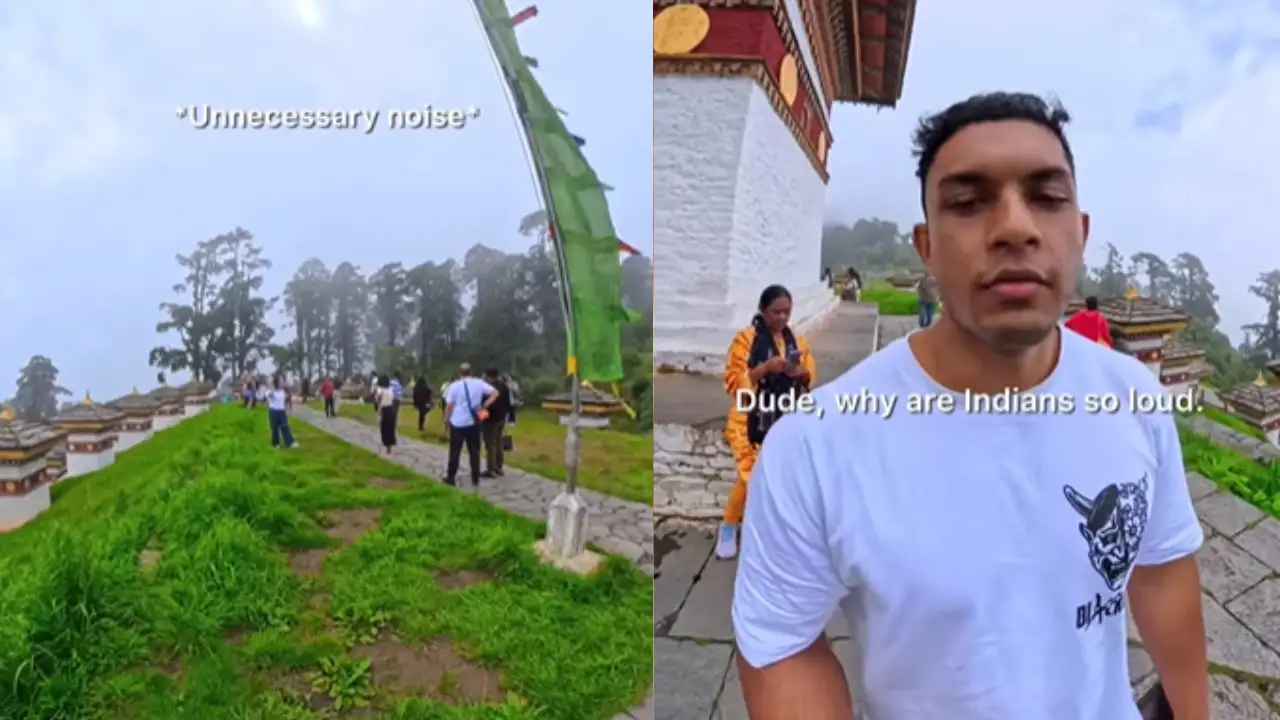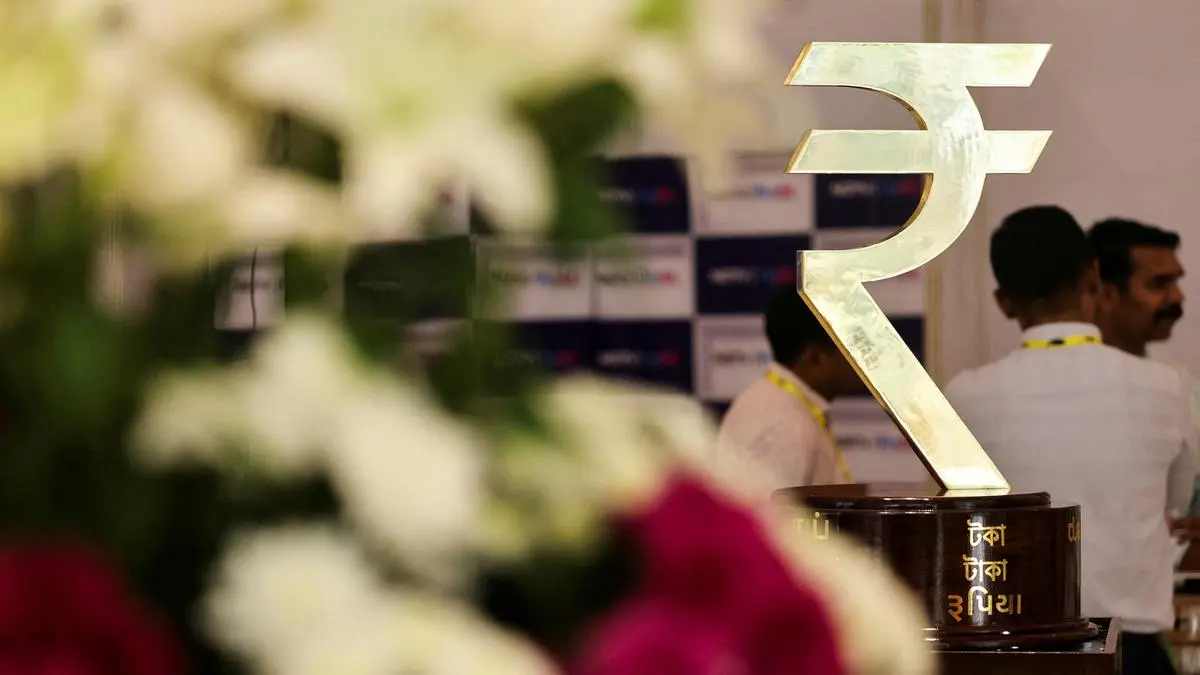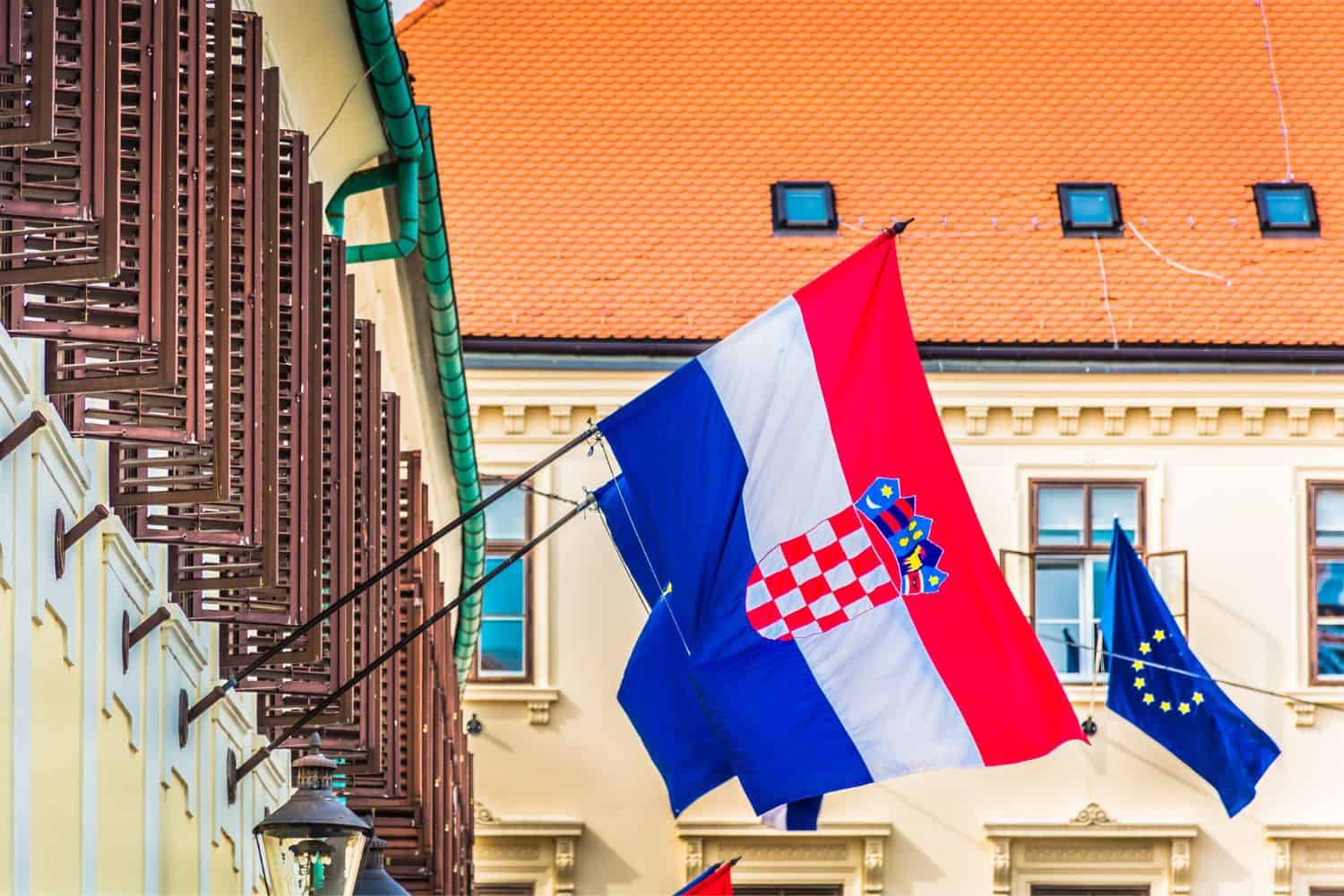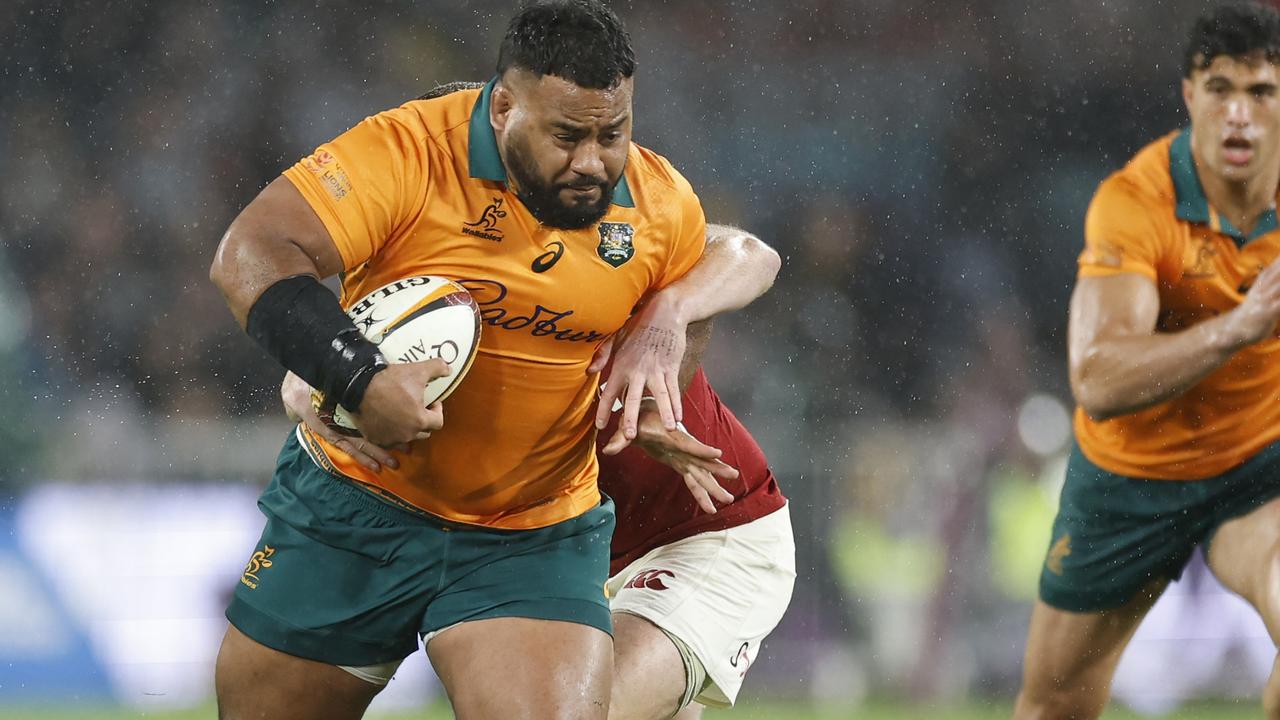By Nina Corcoran
Copyright pitchfork
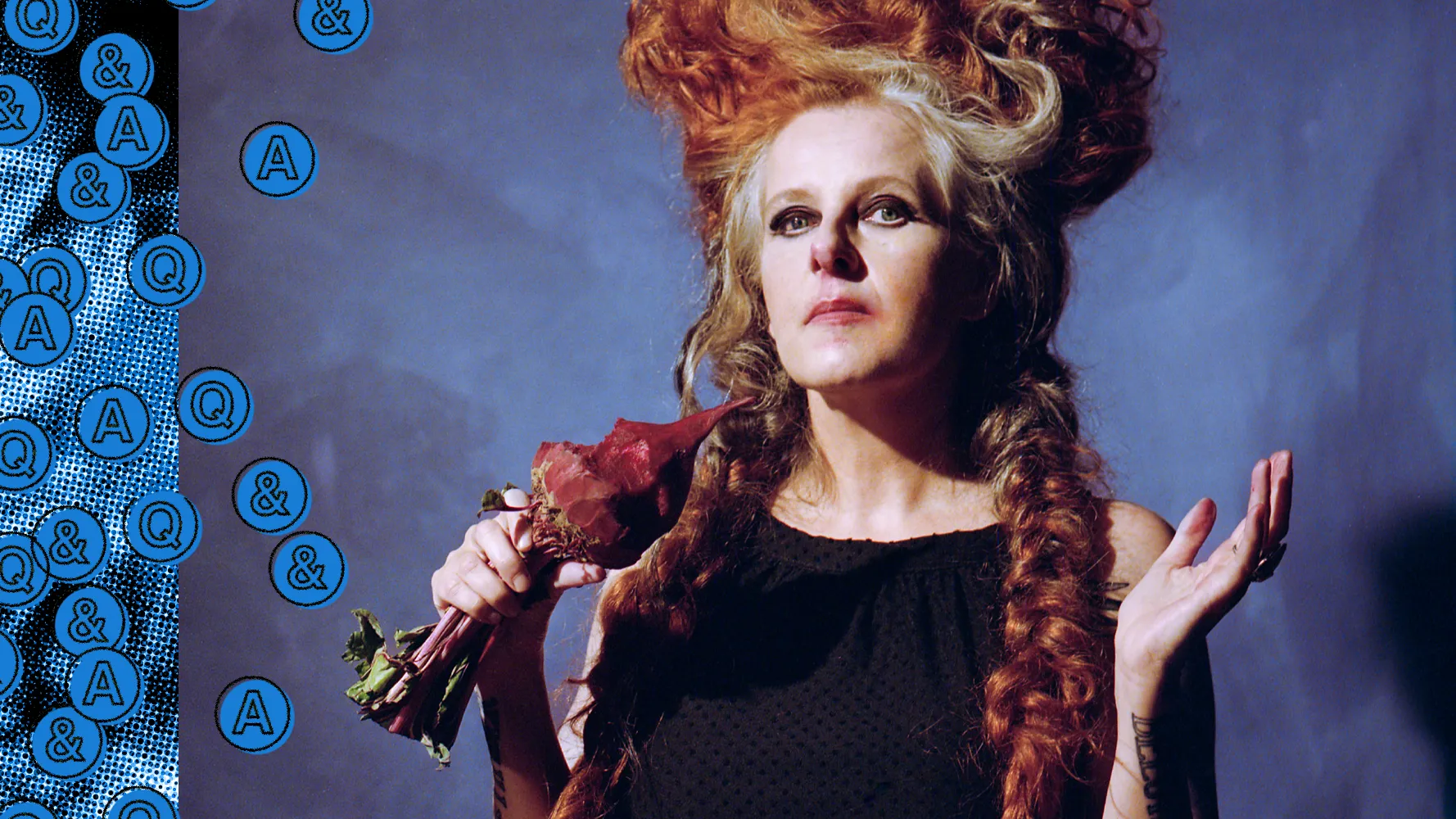
When the sun sets in the Pacific Northwest, indigo skies push up against a treeline of prickly Douglas firs and spacious hemlocks. The region’s oft-sung-about grayness turns neon, swirling together in a piercing hue of evergreen and dark blues. “It’s pretty much a beware color,” Neko Case explains, having spent her formative years in Tacoma, Washington. “It’s also one of the most beautiful colors.”
She revels in that scenery a little longer with Neon Grey Midnight Green, her long-awaited eighth album that translates the phenomenon into sound. When Case released 2018’s Hell-On, she was brushing the ashes of her former house into a pile following a devastating fire. In the ensuing seven years since, the singer-songwriter rebuilt her home, fine-tuned her recording studio, wrote her debut memoir, The Harder I Fight the More I Love You, reacquainted herself with the New Pornographers for two albums and then some, and started penning a musical adaptation of Thelma & Louise. It’s proved to be the longest gap between Case’s solo albums, but she remains the same wayward musician and untamed lyricist, letting it rip straight from the soul.
Neon Grey Midnight Green is drunk on the magic of love and embracing the power of aging into yourself with each decade. Soundtracking Case’s words are windswept arrangements and contagious melodies where baritone guitar, violin swells, and steady percussion crumple up feelings of dread and anxiety. It’s an album that blossoms with awe. Case herself sounds overcome, a musician reinstilled with faith that the world can surprise her. When she unintentionally ends “An Ice Age” with the titular lyric and vocal melody of the Flaming Lips’ “Do You Realize??,” her eyes glitter as if to ask: Are you seeing this, too?
Although it’s her first entirely self-produced album, Neon Grey Midnight Green was a group effort behind the scenes. “I’ve always been producing my albums, but I didn’t want to pretend that I was the only person doing it before,” Case told me. “This time, I just needed people to know that, yes, women can do this by themselves. And while that’s true, it’s fucking lonely. I never became a musician to do things by myself.”
So Case called longtime friends to play the parts she had in mind, and she hired an arranger, a composer, and 20 string players to replicate the volume of a full orchestra. “I was a sloppy crying mess at the end of the day,” she recalls. “I wanted there to be real people on every instrument and leave the sounds of people’s sleeves brushing the chair or people taking breaths. I wanted all of that to celebrate the organism that is people making music together.” As a songwriter who’s open about how tethered she feels to nature, Case allows the album to breathe and morph. At times, it feels like you’re sitting on a rock, watching the birds and bugs crawl out from their hiding spots. “I know I can’t burn this bright forever,” Case calls out at one point on “Wreck.” While that’s true of everyone, listening to clarinet swirl in circles around her and a harp trickle from above, Neon Grey Midnight Green posits that maybe she will. In a way, she already has been.
As summer began winding down, Case got comfy on the couch and hopped on Zoom to discuss Neon Grey Midnight Green, the relentless loss of loved ones since her last album, how crucial observing nature is to appreciating her place in life, and more. Read a truncated version of the interview below.
Pitchfork: Between your vocal harmonies and the orchestral strings, Neon Grey Midnight Green comes across like a radiant burst of wonder, weightless relief, and trust in time healing all wounds. Were you in that state of mind while writing the album, or was this an exercise in drawing those feelings out of yourself at a time where dread and fear are pervasive?
Neko Case: I absolutely refused to be overtaken by despair. I wanted to remind people of their own power, that they still matter, and that resisting this weird, mechanized, grinding machine our world is turning into is important. These songs aren’t about that on the nose because I like leaving them open-ended for listeners to fit themselves into the picture. So, if it brings them joy or replants them on their feet or makes them feel less alone, that’s the hope: to help people feel a connection.
I also wanted to celebrate specific musicians, because music helps further that connection, and they helped me with my own. That’s our greatest power as humans: our psychic connection to each other. Not the woo-woo concept, but instinct. It’s worth practicing our animal connection with other people, what our gut tells us to do, and what you’re fighting for in this world. It will make you feel simultaneously smaller and more powerful than before. I want to remind people of the trillion possibilities before them on a road that falsely feels like it’s the only one.
Which musicians were you reflecting on while writing this album? Did you want to immortalize their memories through song?
It’s both musicians who passed and those who are still living. During the course of making this record, people started passing away very unexpectedly. Like Donny Gerrard, who is an incredible vocalist in Mavis Staples’ band and in the band Skylark. One of my first memories is hearing “Wildflower,” where his particular voice is incredible. I didn’t know him well, but we’ve met each other over the years and worked together. He was quietly singing on things like Elton John albums that we all worship because that’s the caliber of musician he was. I was surprised his death hit me so hard because we weren’t close, but his kindness and presence throughout my whole life via music felt huge. Then my dear friend Dallas Good passed away suddenly, not long after Donny, and he was like family to me. I didn’t know what to say about it, which I guess is why you have to make music.
While grief is heavy and harrowing, it can also jumpstart feelings of love and pull these sweet memories from the crevasses of our brain that we forgot. You experience this duality where the loved one is physically gone, but it simultaneously feels like they’re brought back to life by being close to the forefront of your thoughts.
Yes, absolutely. Grief gives you incredible gifts if you’re willing to look it in the eyes, accept it, and feel it. Some things are private and you wanna keep it to yourself, but you don’t wanna shortchange what the person meant to you either. This is the first interview I’ve done where I’ve had to try to do this, so I apologize if I’m not making sense.
No, and please don’t feel pressured to share anything that you don’t want to be public.
My friend Kim Shattuck, from the Muffs, passed away from [amyotrophic lateral sclerosis], which was horrible. She was a huge influence on me and a beacon to look up to, as a friend, tourmate, and role model. My friend Dexter Romweber died, who was a very kind, loving, and chaotic person with a ton going on and who ended up shaping me. Dexter was in my favorite band [in Flat Duo Jets and Dex Romweber Duo] for as long as I can remember. Then Peter Moore, who mastered all my albums, died from cancer, and he was such a good friend and a kind mentor for many things. I still don’t fully understand mastering, but he made it understandable for me [laughs].
My friend Diane Butler passed away, and she was the embodiment of a music lover. She was the other side: There’s the musician, and then there’s the person who’s there to enjoy the music. Together, we completed a circuit. She ran a rescue farm for horses and other animals with her partner, and she let herself cut loose for live music. I’ve never met anybody who wasn’t a musician who took such joy in music the way she did and showed it to that extent. And, besides that, she was a very, very, very dear friend.
It’s weird to talk about everyone because some of them still don’t feel gone. It takes years to understand someone is no longer physically here. So many people died during the making of this record, which maybe is just the age I’m at, but I don’t feel like they’re gone. Community, real community, is one of the few precious things we have left that makes a neighborhood feel like a specific place. It’s where you hang out, where you take your little brother to their first concert, where you meet your life partner. When you’re in a community and realize how it makes your city it, you can feel what a sacred place that is. It’s always about the people.
That makes me curious: How would you describe what love—romantic, platonic, whatever—feels like when you know it’s real? When you’re thinking Man, I love this place and I love these people. This is what it’s about.
I think it’s not just sitting there waiting for things to come to you. I think it’s curiosity, in the manner of going out of your comfort zone and inquiring how people are doing. Or starting a conversation with somebody who’s in a very different age group than you at the supermarket. Or asking somebody if they need help. Or taking part in your community, no matter how big it is. It’s just responding to someone else’s humanness.
There’s the line “We all deserve better than a love song” on “Rusty Mountain.” What did you mean by that?
One of those things in the rock’n’roll pantheon mythology is that women are supposed to be flattered when they’re a muse for a song. But they didn’t ask to be made into this subject. There’s so much more for women to be. I always think about Bob Dylan songs and I’m like, What an asshole. Well, I like Bob Dylan a lot, and I think he’s one of the greatest songwriters of all time, but take “Sara.” That’s the mother of your children and you’re totally putting her on a pedestal and objectifying her, and then in the next song it’s horrible shit about her. You have this platform, and she doesn’t. You’re just skewering her in front of people. And what can she do?
I’ve had friends who’ve had men write songs about them and they’re horrible fucking people. And then the men make a million dollars off the song they wrote about them, you know? It’s gross. So I think I’m always in the back of my mind going, Yeah, don’t do me any fucking favors [laughs]. I wrote my own fucking song; thanks. Not that that’s ever happened to me….
Maybe because you’ve set the boundary.
Well, maybe. Or I’m not really a muse-y person, perhaps.
In your new memoir, The Harder I Fight The More I Love You, you share a lot of coming-of-age experiences that are heartbreaking or very tender, but, through it all, you find reprieve in nature. How did those early experiences being outdoors shape how you view the world, both as a person and an artist?
Because I was unsupervised for so long, people weren’t telling me what my relationship with nature should be. So I formed a pretty organic relationship with it, which really helped me access my human animal instincts. It made me very receptive to my role as an observer. I’m always trying to notice as much as possible. Granted, my memory is not the greatest, so I’m not always remembering everything. I’ll come up with phrases that try to encapsulate the scene, and I think it made me a better observer than I might have been if I was told how to feel about nature. That’s the thing: I was never told that I’m separate from nature. I felt like I reacted to it and it reacted to me.
That’s long come through in your solo catalog and sometimes in the New Pornographers, too. On Neon Grey Midnight Green, there’s one song where you consider the power of ocean tides, and another where you recount watching a spider build its web and feeling cheated by how quickly it constructs an intricate piece of art. Placing the emphasis on your envy of its speed and grace, rather than just describing the web as being beautiful, is such a Neko Case perspective.
That’s why I get offended by people talking about aliens. Why be interested in something so stupid when this little tiny spider was born three days ago and in its DNA is the pattern for one of the most physically complex and incredibly strong things? After three days of existing in the world, it can do that. Of course I don’t think life in other galaxies on other planets is stupid, but just the way that we view what is and isn’t possible. Sometimes it’s slightly racist, too, like when people decide that the Mayans didn’t come up with their calendar because they got it from visitors from outer space. Like, no, they fucking didn’t. They were fucking brilliant. Stop with your shit.
I love checking out the planets and hearing what they’re made of, but why can’t a yellow leaf be as incredible as figuring out if Pluto is a planet or not? There’s room for both of those things, obviously. My feelings are hurt when people don’t consider things like that. A good example is being in a cab on the way to Heathrow in London and looking at the cement divider between the lanes, seeing plants growing out of the cement, and wondering which are invasive, which are natural to the British Isles, and why could that plant grow through the concrete while others didn’t. Wondering about the world at this level, which is a huge level—the one that made us all. It feels lonely sometimes to feel so much wonder and not have anyone to talk to about it.
Your songs capture the amazement of it all, especially on this record. Those live arrangements and string players replicate the emotive experience of witnessing nature develop in real time. Whether it’s the violins or horns or that gorgeous harp, this album moves like our living, breathing world. How did you determine these arrangements?
I called my friend Tom Hagerman, who is an incredible arranger and plays in Devotchka. After giving him the bed tracks, we discussed what I wanted and how to achieve it. He’s a great arranger who structured the strings in reaction to other parts I wrote. When I met with him in Denver, and the conductor, we took half a day to reduce his suggestions until it fit just right. Tom has interesting taste and is willing to go darker, more than others would be, which is why I asked him to bring that to the album. The contrast helps me hear the songs even better.
In “Oh, Neglect…,” you sing, “Now that I find myself young again/I’ve got too much hope/For what, I don’t know.” What’s been making you feel young again, and how is that being expressed?
When I was younger, I thought people my age were really old, that your body doesn’t work anymore, that you’re done by then. It’s absolutely not true. I love seeing people around me, especially the women I know, changing the narrative of what it means to be 50 and older, or even 40 and older. Menopause is like adolescence. All your chemicals change and you don’t recognize yourself for a while, but then you come out of it with more self-confidence and less capacity for bullshit. It’s so freeing. There’s so much more room in your brain to do other things that you wanted to do. So there’s part of me that wants to tell people how great it is to be 54 years old.
People ahead of me, like my stepfather who’s 76, have nice things to say about their age, too. My biological father killed himself around the age that I am now. One of the reasons is that he was let go from his job for being too old, but he still knew everything from the ground up, had the old analog skills to complete tasks, and worked in the computer age. But he felt like there was no use for him, so he drank himself to death. Now, people are changing that narrative, even women I know who are going back to school to become healthcare professionals or lawyers. There’s so much to live for, and I want to be a good advertisement for that, you know? Like, come on over! It’s great over here!
You can play music as long as you want to. Don’t believe the music industry myth that you’re lucky to be here. You don’t have to leave. You don’t have to think I’m not attractive anymore. Who fucking cares? Like yeah, you still are, and then you can be angry that you even have to think about your attractiveness. A lot of those worries get released with age. Sure, sometimes I can’t think of the word for fork while I’m holding one [laughs], but otherwise my generative brain is stronger and more nimble than it’s ever been. I can’t wait to try more things, and I want everyone to feel that way. I want everyone to feel so useful or nimble that they can pivot if what they’re doing isn’t deemed useful anymore and not take it personally. Like I said earlier, I just want to remind everyone what their power is and how much they have.
At the very end of the album, during “Match-Lit,” after the music fades away, there’s a clicking that sounds like two clocks or metronomes falling out of sync. Then a chorus of voices—either multiple people or you layered your voice—sings “Love is strange.” Why end the album there?
I sang that with my friend Richard Reed Parry, who was also a very close friend and colleague of Dallas. We didn’t meet until after Dallas passed away, but we bonded over our love of the Everly Brothers and other things. Dallas also loved Mickey & Sylvia, who wrote “Love Is Strange,” so I thought it would be appropriate to end the record with a little Mickey & Sylvia, Everly Brothers moment.
The clicking is a Japanese toy of mine that’s solar-powered. Dallas loved cats, and it’s two little cats nodding their heads back and forth. So he would’ve loved that a Japanese cat toy was making the percussion. I worry about not doing people who’ve passed away justice. But you know what? I also know those people, and they’d be like, It’s fine [laughs]. It does sound like an unusual clock. I should film the little toy on my desk at the studio and then post it somewhere because they really are cute.
